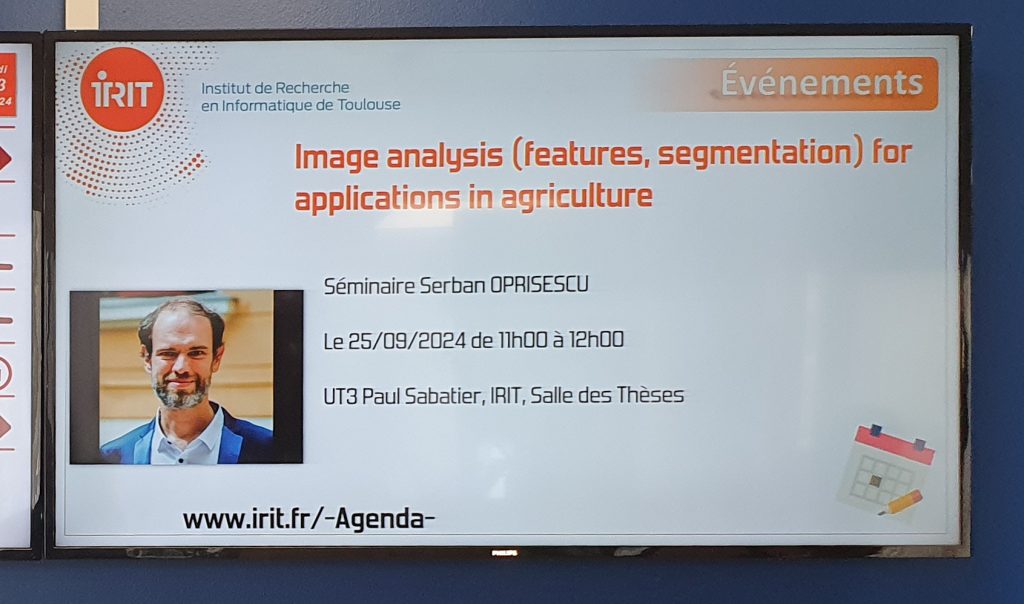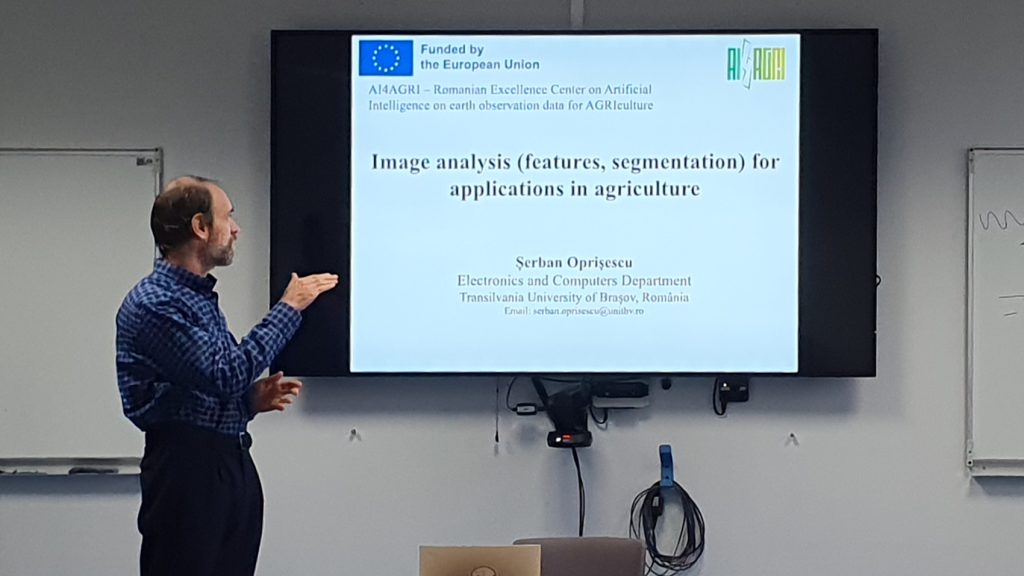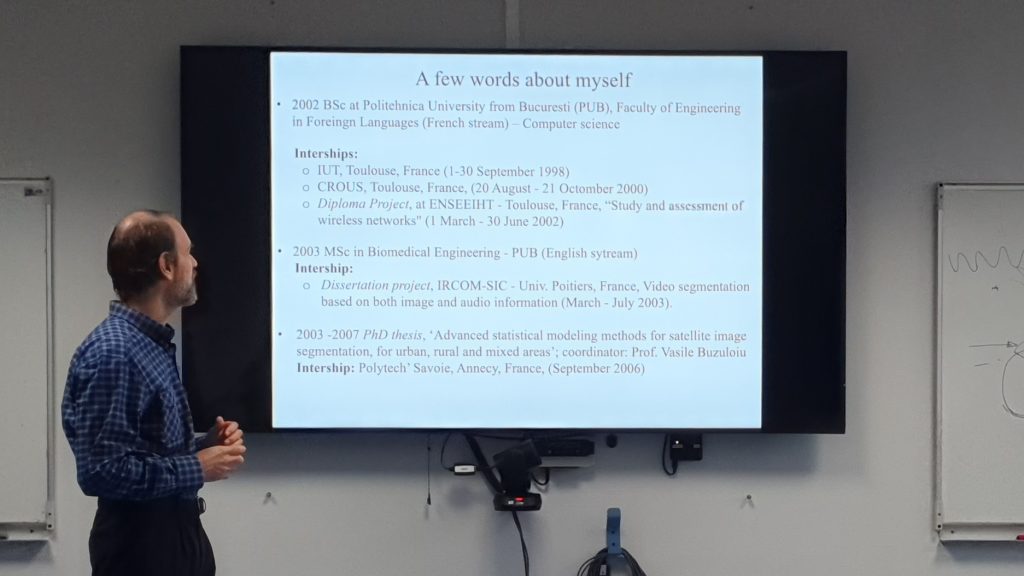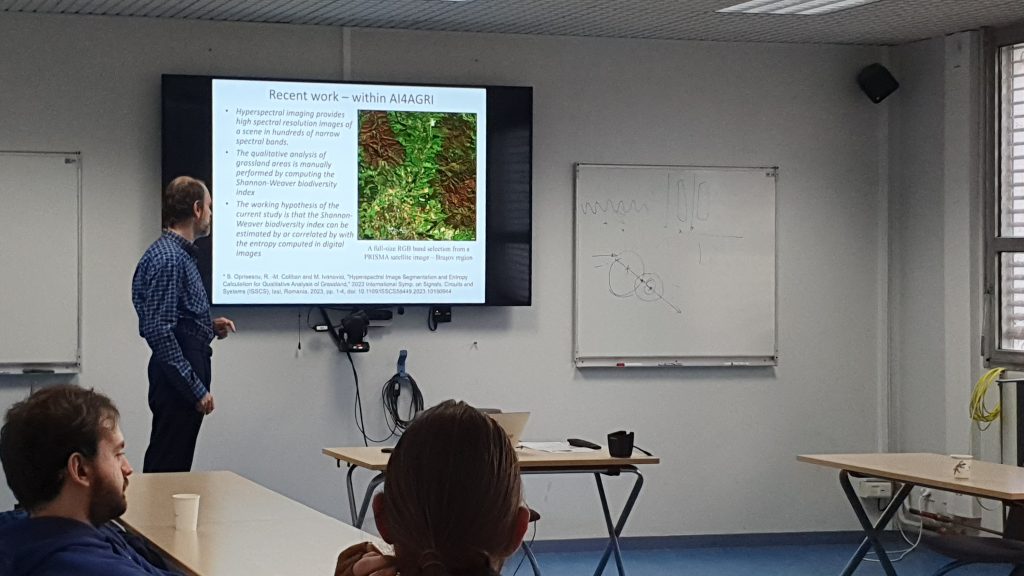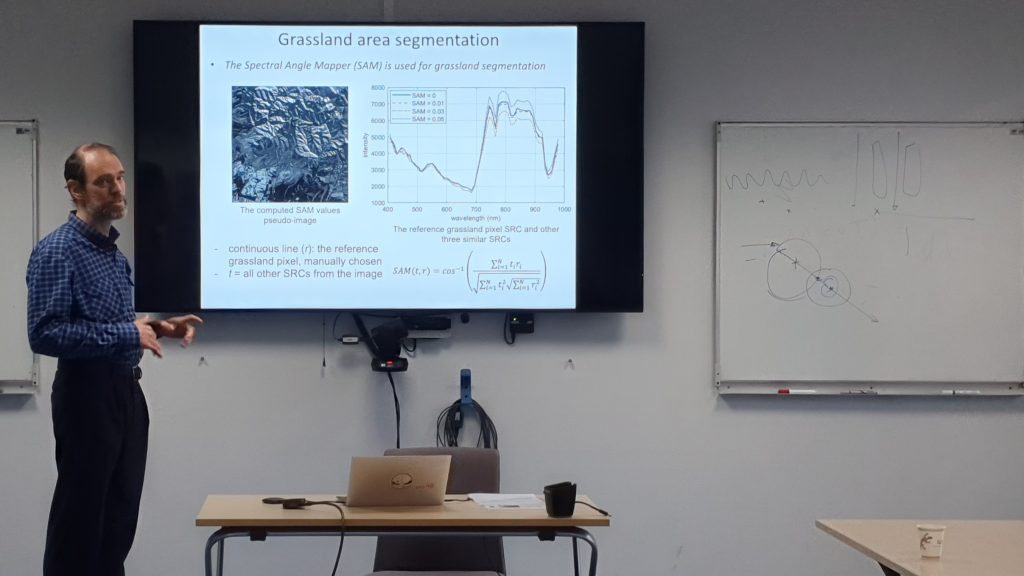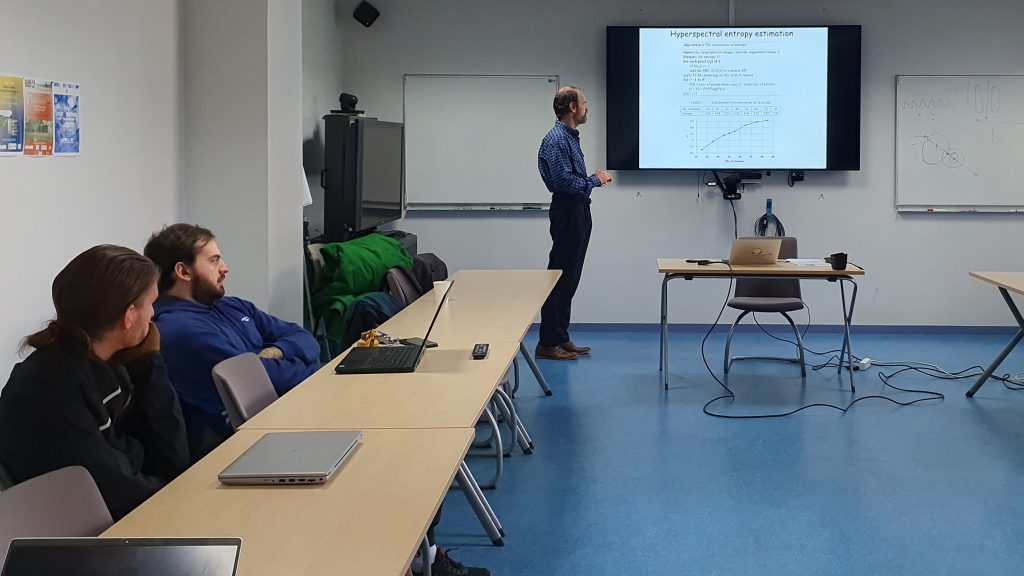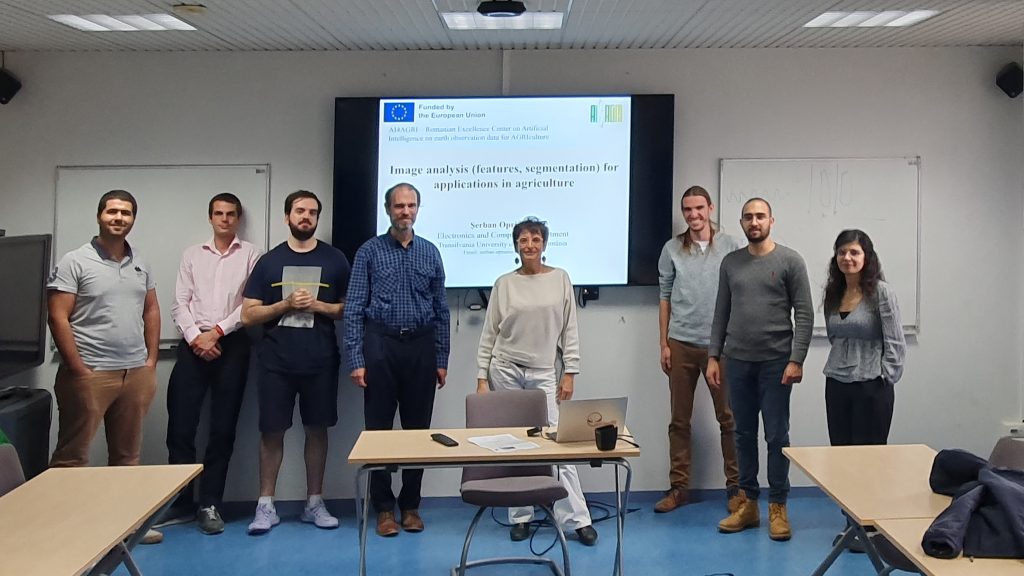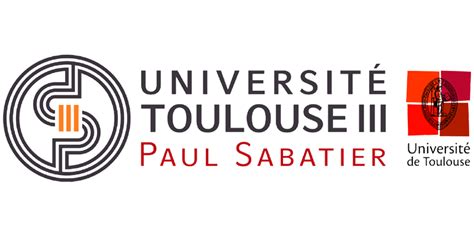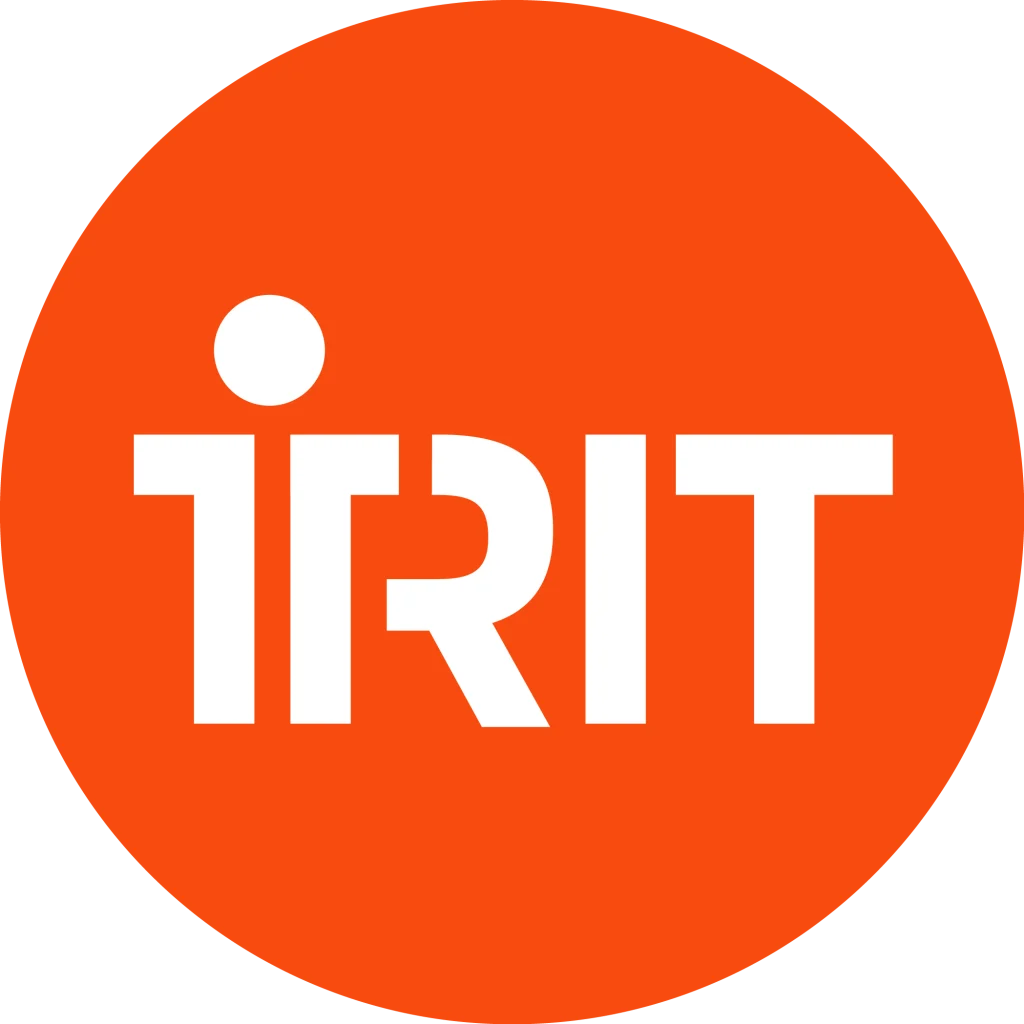The AI4AGRI newsletter relies on submissions from members of the project, please do not hesitate sharing AI4AGRI related news such as newly published papers, participation to conferences and events as well as information about related events and courses. Please send your submissions at the following address: serge.molina+ai4agri@irit.fr
Member Highlight: Nathalie Neptune, Teaching and Research Associate – IRIT, UT3 (Toulouse, France) – SIG Team
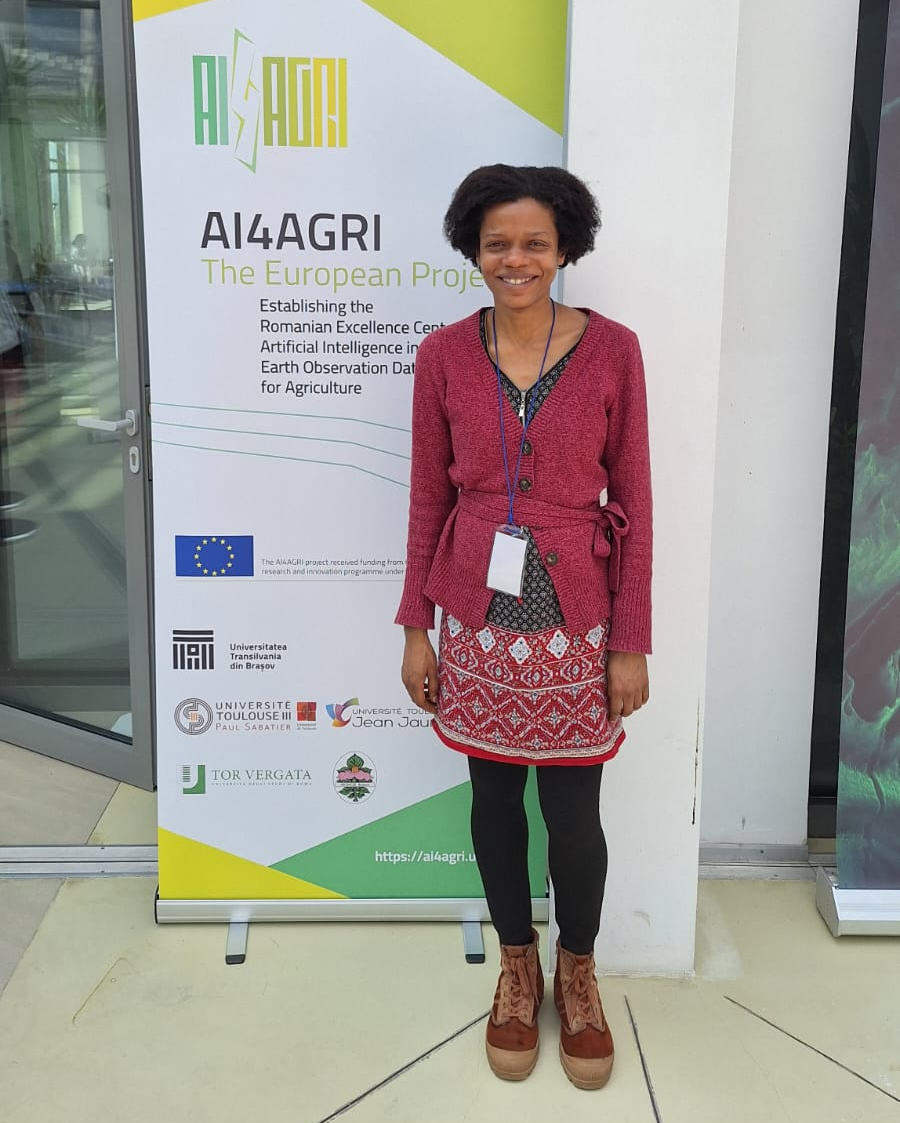
I hold a PhD in Computer Science from Université Toulouse III – Paul Sabatier, completed in July 2022. My research focuses on the application of artificial intelligence, particularly multimodal learning, and geospatial analysis for vegetation fires and deforestation. I utilize multiple data sources, such as satellite images, textual data, and weather data, to better characterize visually observable geo-phenomena. By combining multi-source and multimodal data, my work aims to enhance the accuracy and depth of environmental monitoring.
In 2024, I participated in the AI4AGRI summer school in Brasov, Romania, as a teacher. I conducted a practical session on deep learning for earth observation (EO) imagery, introducing students to the latest AI tools for working with EO images. This was a great opportunity to train young researchers, equipping them with advanced skills in AI and remote sensing that are essential for tackling contemporary agricultural challenges. The summer school allowed me to contribute to the development of these future experts who will drive innovation in smart agriculture. My participation in the summer school not only contributed to my professional growth, but it also enriched my research, supporting my ongoing efforts to integrate AI and geospatial analysis for a more sustainable future.
News

AI4AGRI Monthly meeting: October
📅 Tue. 15 October – 10:00 (Fr time) | 11:00 (Ro time)
The meeting initially planned on the 8th of October has been postponed to the 15th, a summary will be provided in the November newsletter.
Agenda:
– New PhD students arrival
– MSCA-DN proposal
– Serban OPRIESCU visit
– Advances on the different tasks
Șerban OPRIȘESCU visit in Université Toulouse 3 Paul Sabatier
🧑 Șerban OPRIȘESCU
📅 Tue. 24 – Sat. 28 September 2024
📍IRIT – Toulouse (France)
On Wednesday 25th of September and Friday 28th Șerban OPRIȘESCU visited the UT3 university, this visit was an opportunity to share with Șerban the ongoing research of the SIG team as well as learning from Șerban how modern Earth Observation technology such as hyperspectral satellite images are being used in Agriculture.

Artur KAZAK & Andrei RACOVITEANU visit in University of Rome Tor Vergata
🧑 Artur KAZAK, Andrei RACOVITEANU
📅 Sun. 22 – Sun. 29 September 2024
📍University of Rome Tor Vergata, Rome (Italy)
AI4AGRI Events

AI4AGRI Monthly meeting: November
📅 Tue. 19 November – 10:00 (Fr/It time) | 11:00 (Ro time)
Related Events
Romanian AI Days
📅 Thu. 26 – Fri. 27 September 2024
📍Politehnica University of Bucharest (România)
Romanian AI Days, dedicated to the Artificial Intelligence community in Romania, aims to provide a venue for learning and networking for all those interested in AI and related fields (from beginners to experts, academic and industry practitioners, freelancers, students of any level, etc), and to better connect the AI community in Romania to the international community.
The event consists of two days of keynotes on recent advancements in the field, round tables (on community, public policies, startups), poster session with presentations from junior practitioners, and ample opportunities for networking.
source: https://days.airomania.eu/home
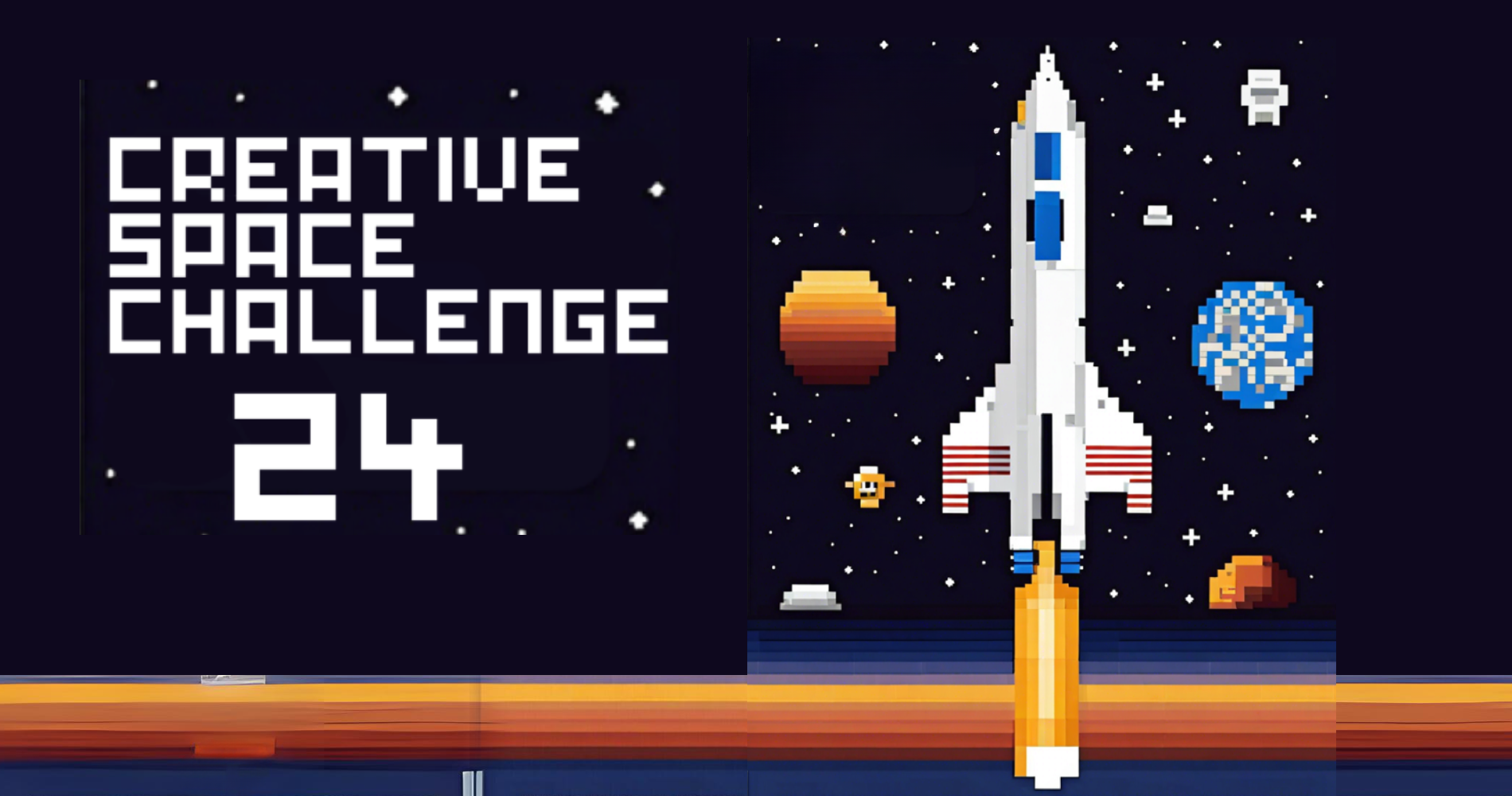
Creative Space Challenge 24
📅 Mon. 25 – Fri. 26 November 2024
📍University of Toulouse
The Creative Space Challenge 24 is an interdisciplinary event designed for young researchers, including doctoral and postdoctoral students, aimed at enhancing participants’ market value through the acquisition of transversal skills. With a focus on global astronaut health and space sustainability, the event emphasizes working in multilingual and multicultural environments, interdisciplinary project management, and open science. Participants will engage in over 20 hours of workshops, utilizing innovative design fiction and problem-solving approaches to tackle future challenges. The program also features conferences, soft skills development, networking opportunities, and site visits to CNES and MEDES, providing valuable professional connections and knowledge transfer. The final challenge will foster a competitive spirit while promoting collaboration among participants.

Workshop on Machine Learning for Earth Observation
📅 Fri. 13 – September 2024
📍Vilnus (Lithuania)
The Workshop on Machine Learning for Earth Observation, held in conjunction with ECML/PKDD 2024 in Vilnius, aimed to address the challenges posed by the large and complex datasets generated by modern Earth Observation (EO) missions. With EO sensors capturing high-resolution images and various signals such as multi- and hyperspectral optical data, radar, and LiDAR, the workshop focused on how machine learning can enhance the processing of this data. Key topics included supervised and unsupervised learning, deep learning, domain adaptation, and time series analysis, all applied to EO data. The event emphasized the need for better interaction between machine learning researchers and domain experts to drive advancements in handling multi-modal, multi-scale EO datasets.
The workshop’s objectives included fostering international collaboration and offering an overview of the current machine learning approaches to EO data analysis. It sought to pave the way for new methods specifically designed to process and interpret EO and atmospheric measurement data, with discussions covering a wide range of techniques like active learning, transfer learning, explainable AI, and Bayesian machine learning. Sponsored by organizations such as the European Space Agency (ESA) and AFRIF, the workshop provided a space for experts to exchange knowledge and identify future research goals in the intersection of machine learning and Earth Observation.
Latest AI4AGRI Publications
AI4AGRI partners are working on new publications
Related Publications

Digital Transformation in Agriculture
📅 August 2024
🧑 M. Ivanovici, G. Olteanu, C. Florea, R. Coliban, M.Ștefan, K. Marandskiy
This chapter presents the digital transformation in agriculture. The Remote Sensing domain opened incredible possibilities for the analysis and monitoring of our planet. The satellites orbiting around the Earth provide peta-bytes of remotely-sensed data per day. The optical and RADAR data are used in a plethora of applications, like meteorology, climate change, environment and pollution monitoring, crisis management, ocean and marine environment monitoring, forestry, land, and biodiversity. Agriculture 5.0 fosters the latest cutting-edge technologies from the domains of Artificial Intelligence (AI), Internet of Things (IoT) and Blockchain for smart agriculture. Remotely-sensed data at various levels, from in-situ and aerial to satellite, combined with AI-based techniques allow for various applications like crop monitoring, weed and harmful insect detection and removal in real time, plant disease identification and precise treatment application etc.
https://link.springer.com/chapter/10.1007/978-3-031-63337-9_9
Related in AI, Agriculture and Earth Observation
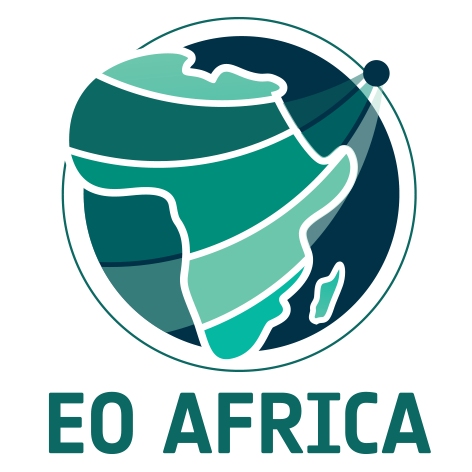
EO AFRICA: Developing Earth Observation for Decision making in Africa through Research and Innovation
The African Framework for Research Innovation, Communities, and Applications in Earth Observation is an initiative launched by the European Space Agency (ESA) to strengthen African-European collaboration in the field of Earth Observation (EO). This initiative is designed to support Africa’s sustainable development by providing essential EO data, tools and technologies that address critical socio-economic and environmental challenges. Aligned with the African Union’s “Agenda 2063,” EO AFRICA aims to drive research and innovation utilizing vast satellite data from the European Copernicus Programme, which provides over 1.2 petabytes of data annually over the African continent.
A crucial part of the initiative is the Space Academy, which develops educational content and offers training opportunities, including online courses and webinars. Part of the Space Academy learning material is a, available on registration, MOOC on Drought Assessment and Monitoring from Space which provides an introduction to drought, its quantification, and how satellite technology and cloud computing can assist in monitoring drought conditions. The course is suitable for agricultural scientists, water resource specialists, and anyone interested in food security, with no prior Earth Observation knowledge required. This MOOC is vailable with French and English subtitles and participants can earn a Certificate of Completion by scoring 60% or higher on all quizzes.
Sources: https://www.eoafrica-rd.org/about/; https://www.eoafrica-rd.org/space-academy/; https://www.eoafrica-rd.org/space-academy/mooc-v2/
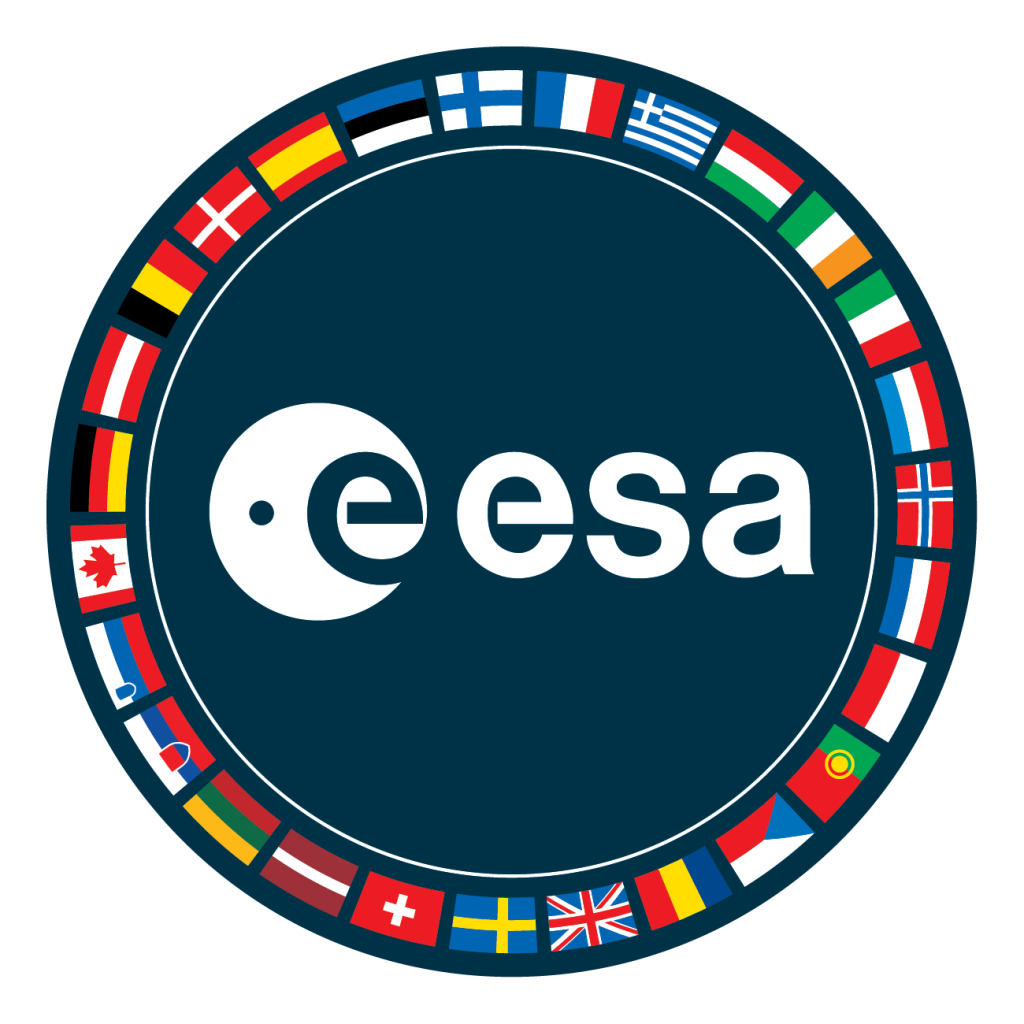
Index of ESA food and agriculture projects
“Food production and agriculture continues to be a key sector worldwide. The combination and integration of space-based systems and terrestrial resources provides an increasing potential for customized solutions and innovative service. Are as of interest include yield optimisation while minimising the impact on the environment based on precision farming and enhanced irrigation management. Services may also include crop monitoring and evaluation for agricultural statistics and regulatory aspects.”
This page from the European Space Agency provides an index to the 214 ESA projects related to food and agriculture, it can be used to find projects which are adjacent to AI4AGRI as well as resources which are used by researchers in the field of food and agriculture assisted by Earth Observation.
Source: https://business.esa.int/projects/theme/food-agriculture
The AI4AGRI project received funding from the European Union’s Horizon Europe research and innovation programme under the grant agreement no. 101079136.
Publishing managers: J. Mothe & S. Molina, UT3 & UT2, IRIT, France

